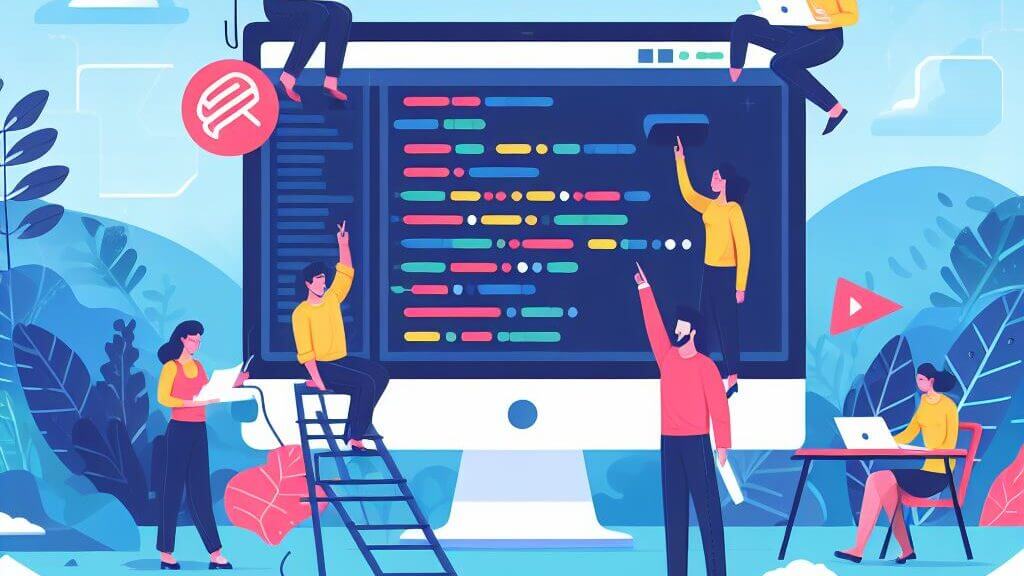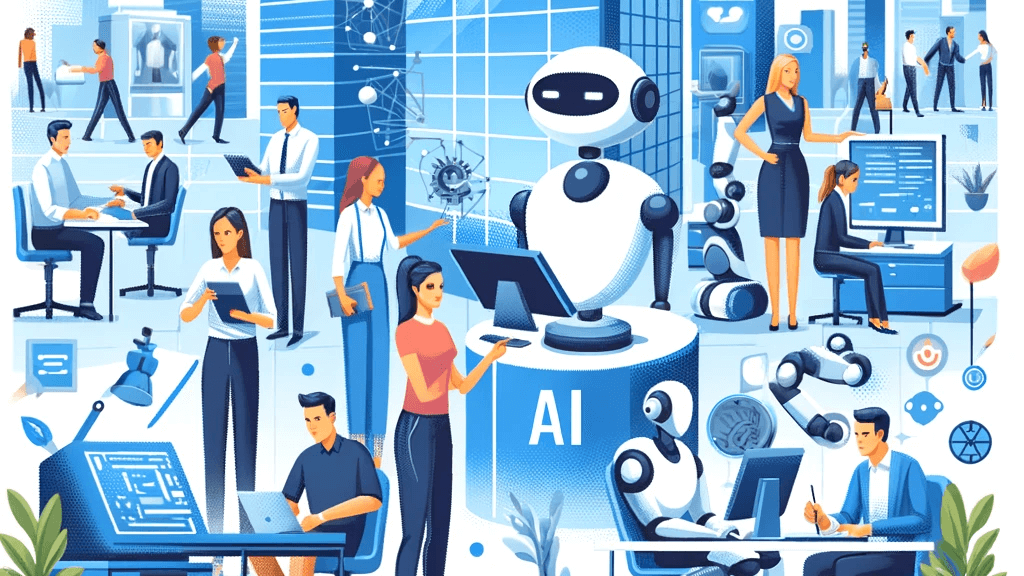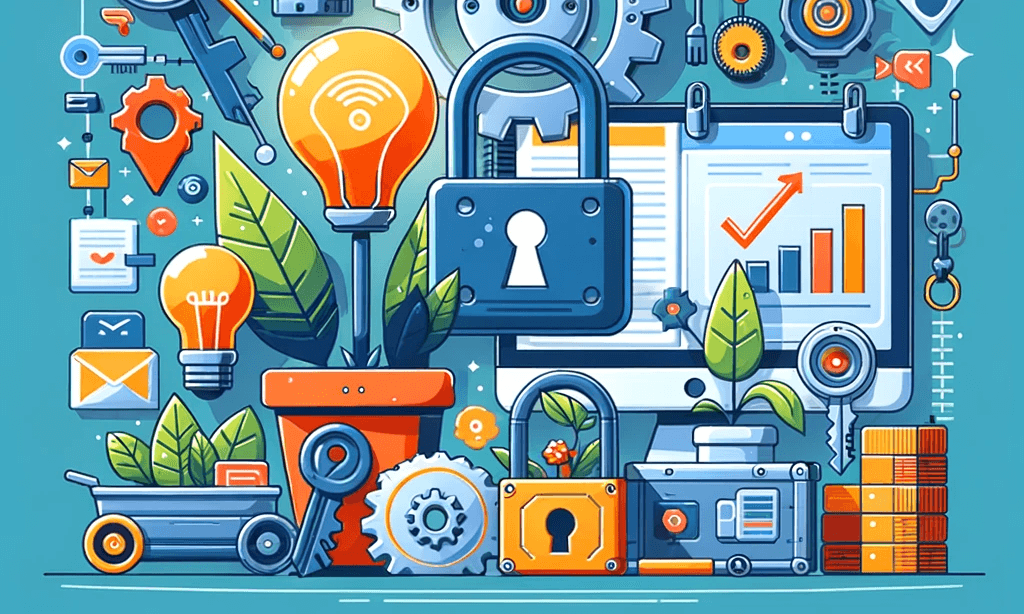
Disclosure: As a reader-supported blog, some of the links in our posts are affiliate links, and if you go through them to make a purchase we may earn a commission. This doesn’t cost you anything extra, but it does help us keep the site up and running with quality content. Thank you for your support!
In today’s fast-paced world, efficiency is the key to success. With the advent of technology, we have witnessed a paradigm shift in how tasks are accomplished. Gone are the days when tedious, repetitive tasks consumed hours of human effort. Welcome to the era where digital solutions have unlocked unparalleled efficiency. This article aims to guide beginners and those with some experience on a journey through the transformative power of digital tools.
Table of Contents
The Digital Revolution and Its Impact
The digital age has brought about profound changes in the way we operate. From personal chores to complex business operations, everything has been touched by the magic wand of automation.
- Shift in Work Dynamics: Tasks that once took hours, if not days, are now accomplished in a matter of minutes. This isn’t merely about speed but about the quality and precision of the outcome.
- Empowering Individuals: With user-friendly interfaces and intuitive functionalities, these tools empower even those with no technical background. They can automate tasks, enhance productivity, and focus on more critical, creative endeavors.
- Real-life Example: Consider the transformation in the world of finance. Traditional bookkeeping, which was error-prone and time-consuming, has been replaced by software like QuickBooks or Zoho Books. These tools not only automate data entry but also offer insights, analytics, and predictions, making financial management a breeze.
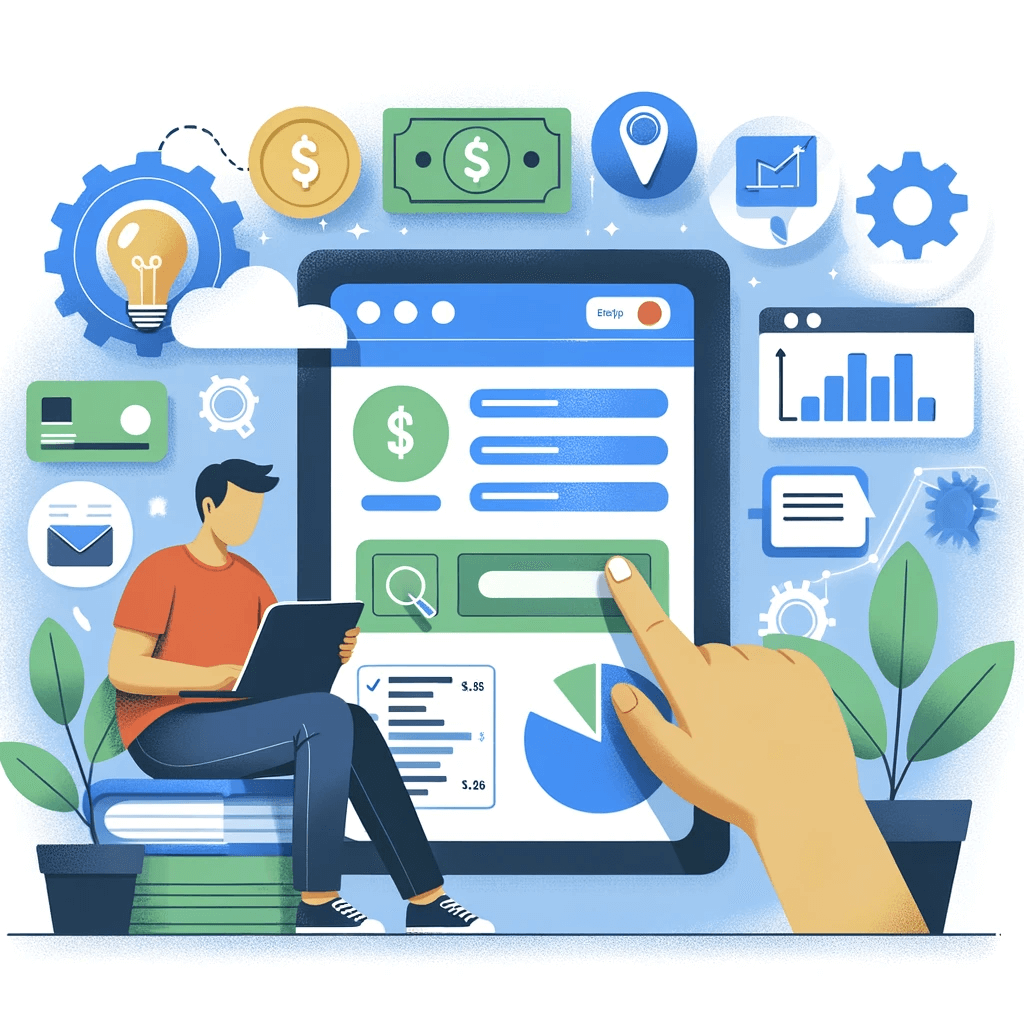
Tools of the Trade: Making Workflows Seamless
The market is flooded with digital solutions such as tools, apps, and software designed to automate tasks. Here, we’ll explore some that have revolutionized work dynamics:
- Task Automation Tools: Platforms like Zapier or Make allow users to create automated workflows between different apps, eliminating manual data transfer and ensuring seamless operations.
- Communication Automation: Tools like Slack or Teams have built-in bots that can schedule meetings, send reminders, or even conduct surveys without human intervention.
- Real-life Example: Think about email marketing. Platforms like Mailchimp or SendinBlue have features where emails are automatically triggered based on user behavior, ensuring timely and relevant communication, and enhancing user engagement and conversion rates.
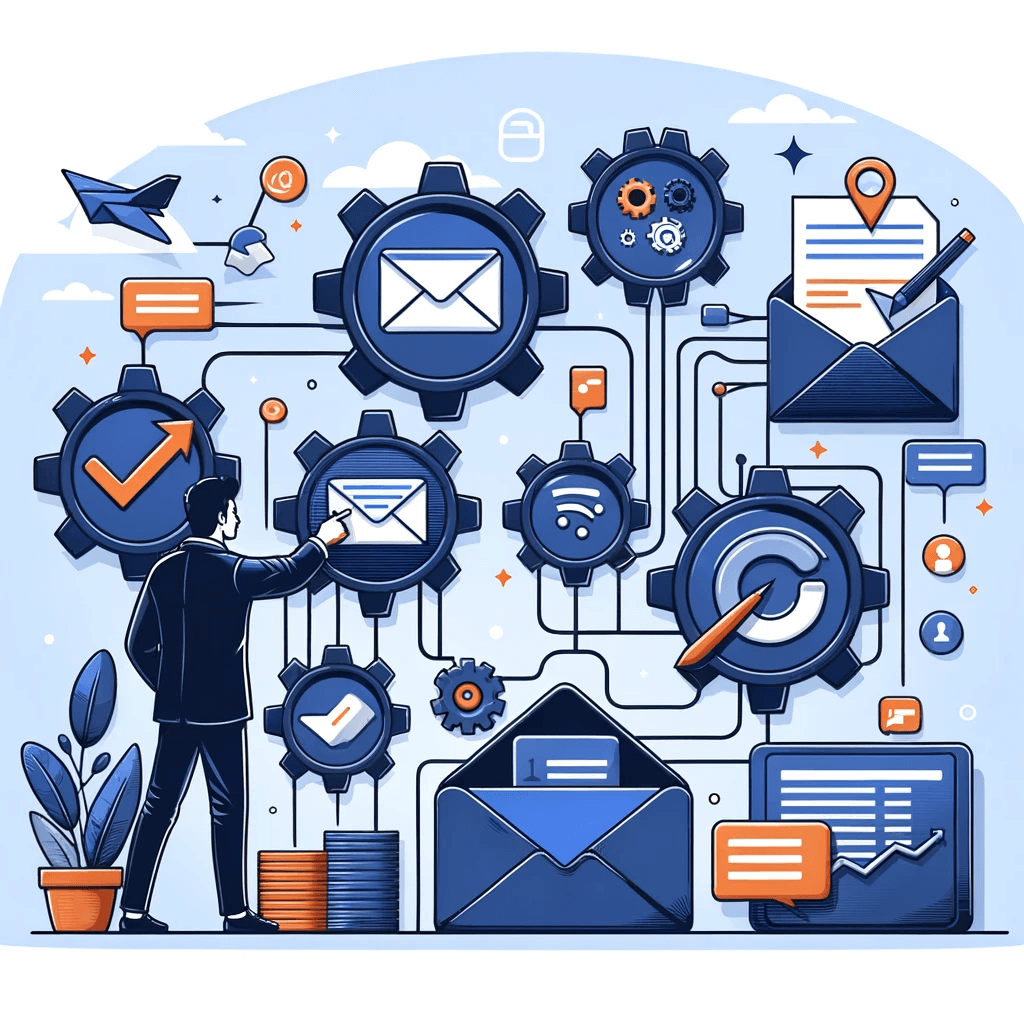
The Future of Task Automation
As we stand on the cusp of a new decade, the realm of digital solutions continues to expand, driven by advancements in artificial intelligence, machine learning, and data analytics. The future is not just about automating tasks but about intelligent automation.
- Intelligent Automation: This refers to the synergy between AI and automation. It’s not just about executing tasks but allowing the system to learn from data patterns and make decisions. Tools powered by AI can predict user behavior, making automation more dynamic and adaptive.
- Personalization at Scale: One significant advantage of intelligent automation is the ability to offer personalized experiences to users at scale. For instance, e-commerce platforms can provide personalized product recommendations based on user behavior, thanks to AI-driven automation.
- Real-life Example: Customer support chatbots are a perfect illustration. Earlier versions could answer basic queries. Modern chatbots, powered by AI, can understand context, and sentiment, and offer solutions in real-time, sometimes outperforming human counterparts in terms of efficiency and accuracy.
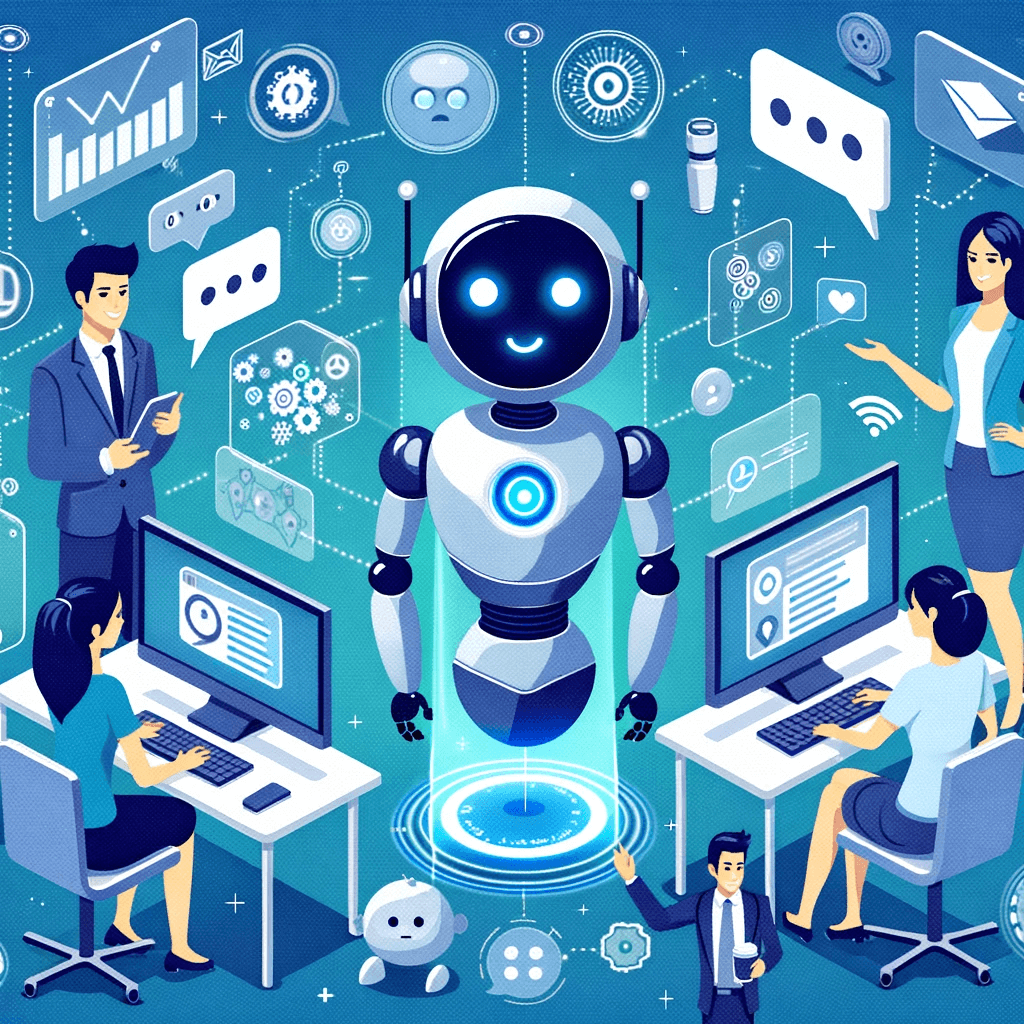
Challenges and Considerations in Automation
While the prospects of automation are undoubtedly exciting, it’s crucial to approach it with a balanced perspective, and understanding of its challenges.
- Over-reliance on Automation: It’s essential to strike a balance. Over-automating can sometimes strip the human touch, which is crucial in areas like customer relations or creative endeavors.
- Security Concerns: As we rely more on digital tools, data security and privacy become paramount. Ensuring robust security protocols is essential.
- Real-life Example: The rise of smart homes offers convenience but also poses security risks. From voice assistants to smart locks, while they automate daily tasks, they can be vulnerable to hacks if not secured correctly.
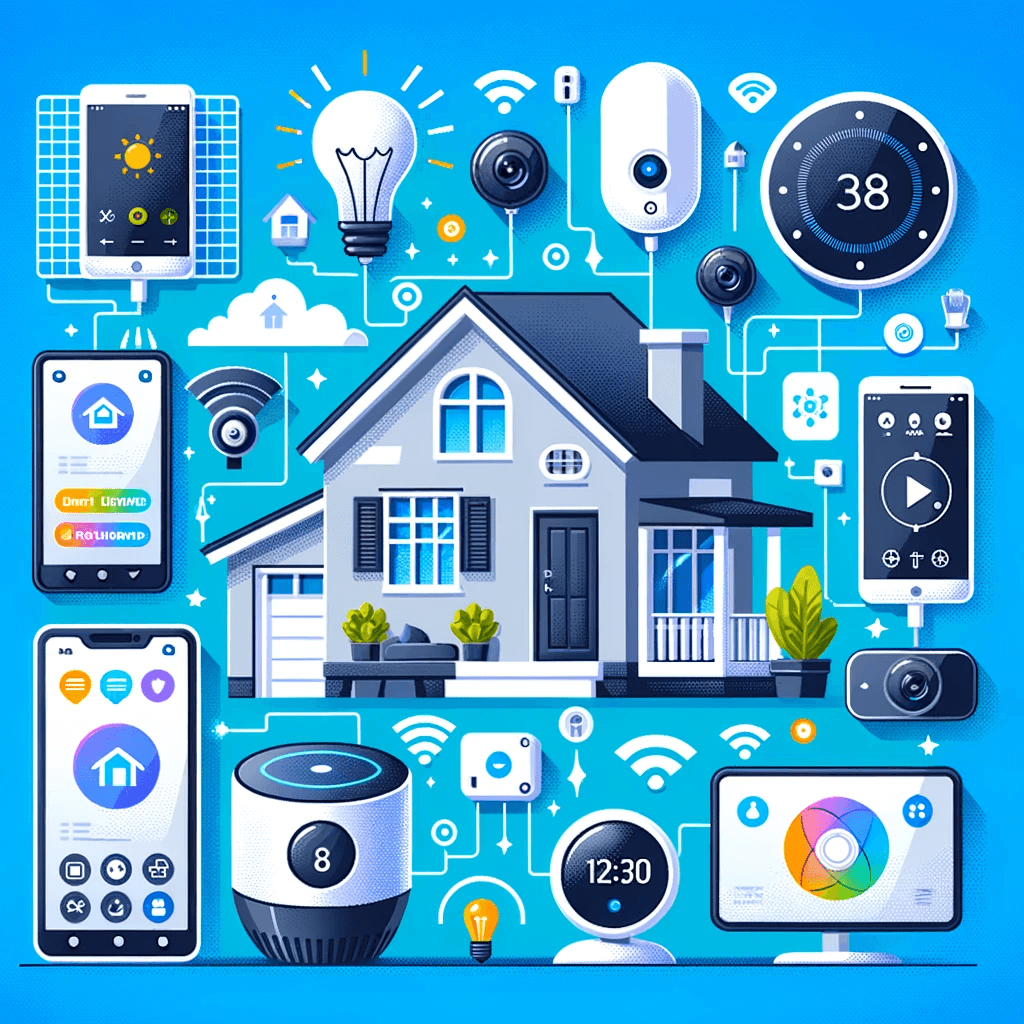
With the ever-evolving landscape of automation, it’s essential to stay updated, and understand the tools at our disposal, their benefits, and potential pitfalls.
Harmonious Blend: Technology Meets Human Intuition
At the heart of every technological advancement lies human intuition and creativity. As much as automation streamlines processes and enhances efficiency, the importance of the human touch cannot be understated.
- Complementing, Not Replacing: The future of automation isn’t about replacing human roles but complementing them. For instance, while a tool might analyze data at lightning speed, human intuition is responsible for strategic decision-making based on that data.
- Ethical Implications: As we delegate more tasks to machines, ethical considerations come to the forefront. It’s essential to ensure that automation respects user privacy, offers transparency, and adheres to ethical guidelines.
- Real-life Example: AI in healthcare offers predictions and diagnoses based on data. However, the human touch, the doctor-patient relationship, empathy, and understanding remain irreplaceable.

Conclusion: Looking Ahead
The journey from tedious tasks to streamlined processes, thanks to digital solutions, marks a significant shift in our work and personal lives. As we look to the future, it’s evident that the realm of automation has much more to unfold. From intelligent systems that learn and adapt, to tools that offer unparalleled efficiency, the horizon is promising.
However, as we embrace this new era, it’s essential to remember the core – the human element. Balancing automation with human intuition, ethics, and creativity is the way forward. In the end, it’s about harnessing the best of both worlds to unlock unparalleled efficiency and potential.

